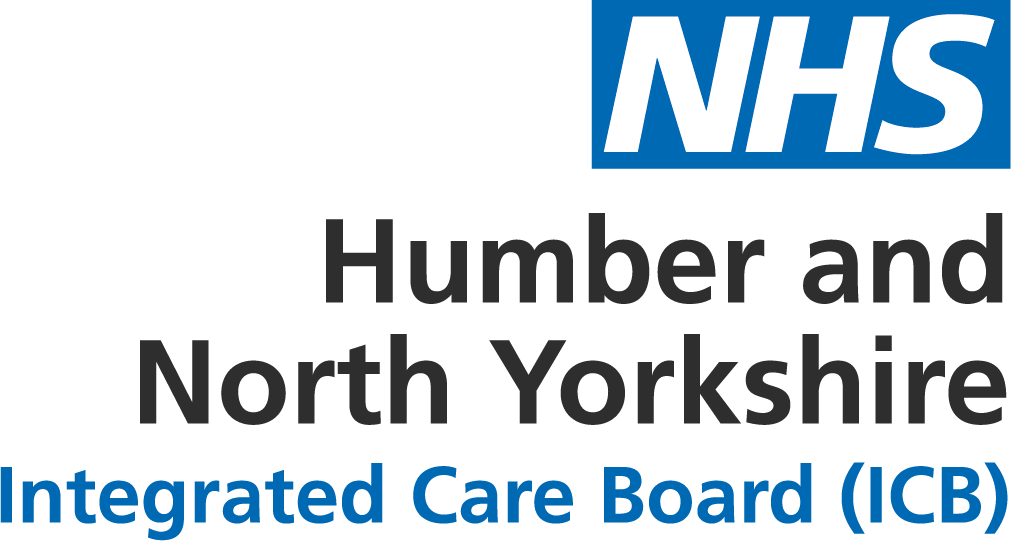Staying Healthy during Ramadan
The NHS is here to keep you healthy all year round, including during Ramadan. Ramadan brings the opportunity to revisit routines and think about your health, as well as the wellbeing of others. This year, York GP practices and the British Islamic Medical Association are working together with York Mosque and the York Muslim Association. Together we want to support Muslims to make healthy choices around fasting.
What we eat and drink directly affects our health. Whilst fasting (sawm) is a core tenant of Islam, some individuals are advised to take extra care, or are permitted to abstain due to their health condition. Fasting is a personal and spiritual commitment. The following guidance is designed to help you prioritise your health.
Ramadan Mubarak!

